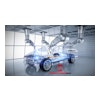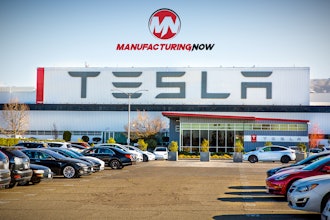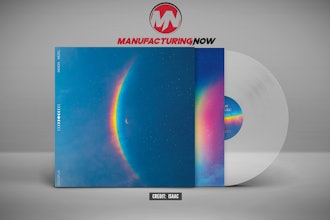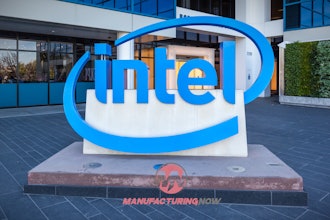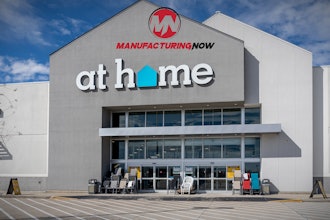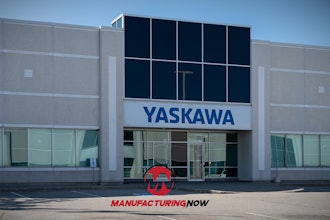Blue Origin and Sierra Space on Monday announced the Orbital Reef, a mixed-use business park in space.
The space station will be built for low Earth orbit by aerospace experts with experience building and operating the International Space Station. The company says the Reef will start operating in the second half of this decade. So, in anywhere from four to nine years, we could have a commercial space station used for research, commerce and the emerging tourism category. The station will be owned and operated by Blue Origin in partnership with Sierra Space.
The Reef's baseline configuration has 830 cubic meters of volume — about as much as the ISS, according to Blue Origin. The design calls for a modular design with big windows and separate science and habitation zones that can support 10 people.
The companies hope the concept opens up new markets in space and offers "anyone" the opportunity to establish their own address in orbit.
The team will offer services and systems to meet the needs of not just researchers and space travelers, but manufacturers as well.
Under the mixed-use business park model, Orbital Reef will offer everything from space transportation and logistics to space habitation, equipment accommodation and operations, including onboard crew.
To bring costs down, the Reef will depend on reusable space transportation as well as advanced automation and logistics. It will have an open system architecture that is scalable to support demand, including additional module berths, vehicle ports, utilities and amenities.
The Orbital Reef team includes:
- Blue Origin, which will contribute utility systems, large-diameter core modules and the reusable New Glenn launch system.
- Sierra Space will produce the inflatable Large Integrated Flexible Environment (LIFE) module, node module and provide the Dream Chaser spaceplane.
- Boeing will provide the science module, station operations, maintenance engineering, and the reusable Starliner spacecraft, which will transport passengers and cargo to the Reef with Sierra's Dream Chaser.
- Redwire Space will work on microgravity research development and manufacturing, as well as payload operations and deployable structures.
- Genesis Engineering Solutions will make single-person spacecraft for routine operations and tourist excursions.
- Arizona State University will lead a consortium of universities providing research advisory services and public outreach.
Companies can lease space and pay for utilities and services ranging from power and cooling to high-bandwidth communications, security and robotic servicing.
Is the space office the business fad like the open concept floor plan? We will see. In July, Blue Origin founder Jeff Bezos spent about 11 minutes in space and came back with an idea to move all heavy, polluting industries into space. The former Amazon CEO said it would take decades, and although everyone attributed the comments to him being a little space-crazy, this might be his first move to make it happen.



